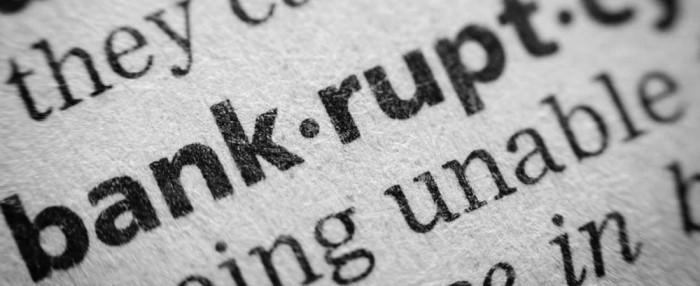
Declaring Bankruptcy In Ireland
Bankruptcy is an option for any individual who can’t pay their debts ‘as and when they fall due.’ A bankruptcy proceeding has two aims: To give the individual a fresh start by freeing them from the pressures of creditors and to to ensure that all assets, like property and investments, are distributed fairly among the creditors.
The courts are officially responsible for managing a bankruptcy proceeding, although it is usually done at the request of either the debtor or one of his or her creditors.
The assets of the bankrupt individual then fall under the control of a trustee. This will be either the Official Receiver – a civil servant and officer of the court – or a licensed Personal Insolvency Practitioner.
Whoever is appointed becomes responsible for uncovering as much as possible about the debtor’s assets and liabilities, and maximising returns for the creditors within certain guidelines.
Once a bankruptcy order has been made, your creditors can no longer pursue you for payment.
Declaring Bankruptcy In Ireland In A Nutshell
- When bankrupt, you can’t apply for more credit
- If you own your own home, it might have to be sold
- Some of your luxury possessions may have to be sold
- You cannot be a director of a limited company
- You can make a fresh start once the bankruptcy period is over
- There is a minumum of three years before discharge from bankruptcy In Ireland
Got Debt You Can’t Handle?
- Complete Guidance, Assistance and Advice
- Qualified Professionals
- Personal Insolvency Practitioners
- Irish And UK Solutions
- Negotiations with Banks on Mortgage Debt
- Legal Assistance if required
Background
Jessica, married with two young children, was 48 when she was made redundant from her €50,000 a year job. After 6 months had passed Jessica had taken a lower paid job and as such was struggling to pay her joint €280,000 mortgage due to personal debts of around €26,000.
Solution
First, Jessica had to make a formal application to the courts to declare herself bankrupt. With Jessica then had to meet with her officially appointed receiver to make a comprehensive list of all her assets and her debts, and to handover the control of her assets. The official receiver made valuations on the family home, their car and other items that the court considered ‘non-essential’. Jessica was relieved that because her personal debt of €26,000 is a relatively small sum, the official receiver decided that there was no need to sell the family home to pay her creditors. Jessica demonstrated a willingness to keep repaying her debts. So, instead of starting proceedings to have the property repossessed, they agreed to accept reduce mortgage payments over a twelve-month period. Life was easier for her now because she could focus her time and attention on working hard at her new job and helping her family adapt to living on reduced means.
© Copyright 2016. Anthony Joyce is authorised by the Insolvency Service of Ireland to carry on practice as a personal insolvency practitioner.

